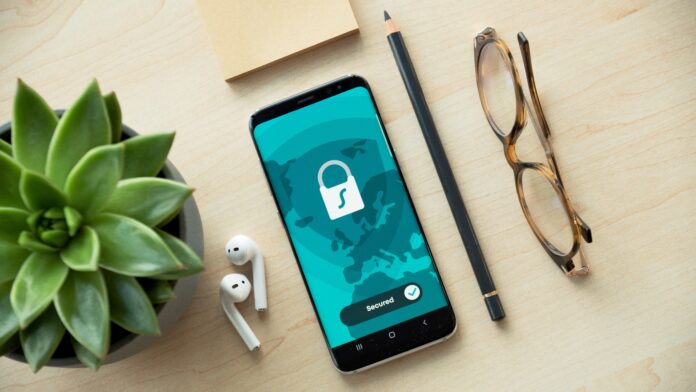As more and more of our social interactions and financial transactions are taking place online, a new threat to our safety has emerged. Unscrupulous hackers and cyber criminals are always on the lookout for opportunities to access our sensitive information, infiltrate our accounts and steal our assets. In fact, a cyber attack took place every 39 seconds in 2021.
For that reason, it’s more important than ever to take adequate precautions to protect yourself online. Of course, it’s never possible to 100% guarantee your safety when surfing the net, but following the steps outlined below will enhance your cyber security considerably. Here are our top tips for how to stay safe on the internet.
Remove your data from data brokers
Opting out of data brokers and people search sites is of paramount importance if you want to remain anonymous online. These databases can be used by for marketing, risk mitigation and insurance purposes, without your consent. They can also be used to hackers to form convincing scam, but unfortunately, getting your data off them once it’s been collected can be challenging.
There are pleanty guides available to show you how to go about it for the best chance of success.
Install a VPN
A virtual private network (VPN) is a highly useful method of protecting your identity and anonymity online. By masking the location of your IP address and encrypting all information you send over an internet connection, you can keep ruthless cyber criminals at arm’s length from your data.
Use 2FA
Two-factor authentication (2FA) is a modern method of proving you are who you say you are. As well as inputting login credentials (like a username and password), many websites and platforms will also ask you to verify your identity through an alternative method, such as a code sent to your mobile number via text or a verification link sent to your email.
Practice caution on public Wi-Fi
Public Wi-Fi networks can be great for getting you out of a jam when you’re out and about without data – especially in a foreign country. Whether it’s looking up directions, checking the weather or translating phrases, they’re a great stopgap solution… but they should never be used for accessing personal platforms, especially financial ones.
Use strong passwords
A strong password is your first line of defense against a cyber-attack. The strongest cyphers contain a mixture of numbers, symbols and letters, in both upper and lower case, which can’t be easily guessed even by those who know you most intimately. You should also change your passwords on a regular basis and never repeat them across different sites.
Beware of suspicious emails
Phishing scams have become increasingly commonplace in recent years. Beware of any email from a sender you don’t recognize and even practice caution with ones you do, since it could be a hacker posing as a legitimate enterprise. If you are suspicious about an email, don’t open it or any links it contains, but instead report it as a phishing attempt to your mail provider.











